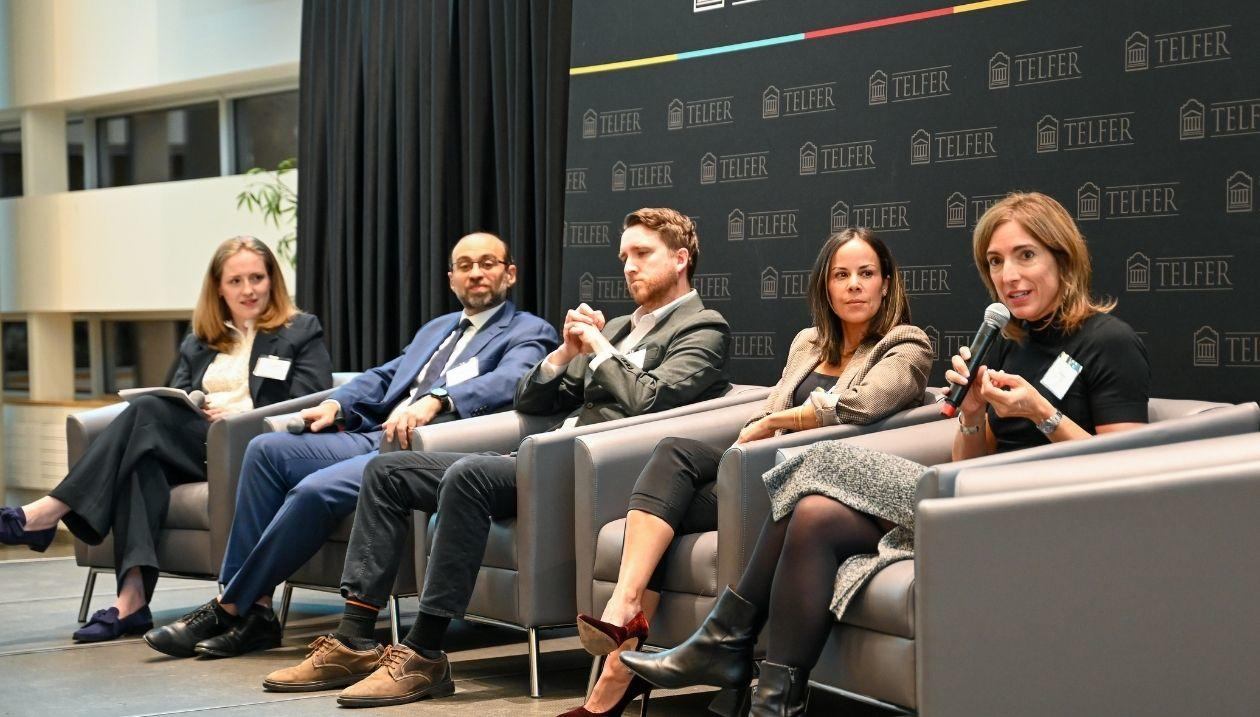In the age of Artificial intelligence, large investment institutions, hedge funds, and investors also use powerful computer algorithms to automate the transactions of many orders at extremely high speeds. Traders who employ this automated trading platform, called high frequency trading, can execute orders in the stock market in milliseconds or thousandths of a second—the average time it takes the human finger to click the mouse is allegedly 150,000 microseconds.
However, very little is known about how this automated form of trading affects capital markets and companies. While some researchers believe that high-frequency trading activities make the market more efficient, others warn us against their dangers. High-frequency trading is believed to increase investors’ losses and trigger major financial crashes. But that’s not all. When financial transactions are executed multiple times in fractions of a second, transparency and ethics can be at stake. Researchers and practitioners have long suspected that high-frequency traders may be acting opportunistically.
Since high-frequency traders buy and resell shares multiple times a day, they can artificially increase stock prices and profit largely when reselling shares. Their game however doesn’t benefit other players: by the time firms repurchase their own shares in the market, prices could be higher. As a result, these firms will be distributing less cash to their shareholders.
To better understand the impact high-frequency trading, Associate Professor Ali Akyol has been awarded a Telfer School of Management Research grant (SMRG). More specifically, he will examine if high-frequency traders artificially increase stock prices, and if firms who repurchase shares may be paying a high price at the end.
Who will benefit from this research?

“When a firm is buying back its shares in the market, an increase in the price means the firm needs to pay more for its shares. If high-frequency traders are found to be costing companies and their shareholders money, insights from this proposed study may contribute to the debate about regulations of high-frequency trading. Firms are required to follow strict rules when repurchasing shares, and from this perspective, this study will show if and how archaic rules and regulations affect these firms.”
Ali Akyol











